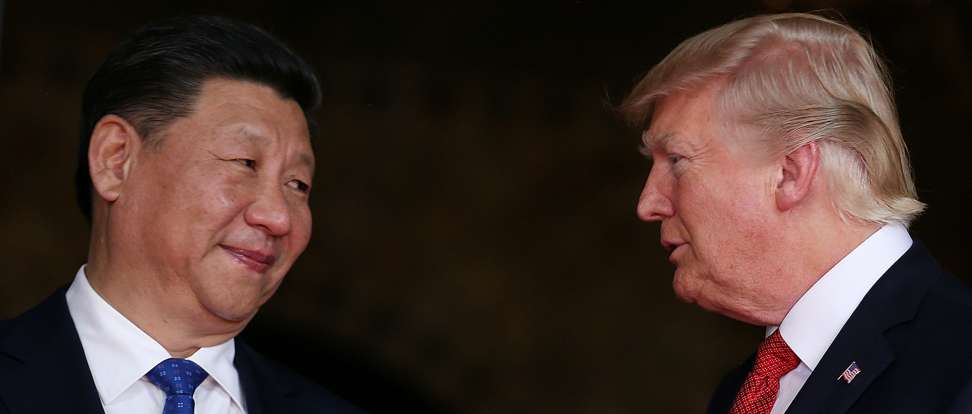
Playing for time: will China try to score early or leave it late in its bid to host the Fifa World Cup?
A week is a long time in football, so will China really have the patience to wait 20 years to realise its World Cup dream?
The United States, Canada and Mexico recently announced they will make a joint bid to host football’s 2026 World Cup. If successful, the countries would become the first to co-host the tournament since Japan and South Korea did so in 2002, and the first trio ever to stage football’s biggest national team competition. If Donald Trump survives for two terms in office, it would also presumably be a competition played against a backdrop of defensive walls (both on and off the pitch).

Or perhaps not? One country’s name now appears set to emerge whenever the World Cup bidding process is mentioned; indeed, it will continue to be mentioned until such time that the country eventually hosts the tournament: China. The country’s ambitions are clear: in its football development plan (published in 2016) becoming a leading Fifa nation, hosting the World Cup and winning the trophy by 2050 have been identified as key Chinese targets.

Furthermore, China’s corporations have been spending big on supporting Fifa in moves that have had a dual strategic purpose: to create a degree of financial dependence and to establish some control over decision-making networks. Dependence upon the Chinese has been built through a series of sponsorships, which Fifa acknowledges has rescued it from the financial mire inflicted by years of fighting organisational corruption. At the same time, the likes of Wanda has taken control of organisations such as Infront Sports and Media, key Fifa partners.

The general feeling from within China however is that 2026 is too soon for the country to realise its World Cup aspirations. Instead, it’s more likely there will be robust Chinese activity over the coming decade which may ultimately result in a bid to stage the 2030 tournament. We should consequently expect considerable posturing and positioning by the Chinese government and its entrepreneurial lieutenants ahead of such a bid.
An obstacle to this would still be that be Asia, technically, would not be able to host the World Cup as it would only be eight years since Qatar. However, Fifa’s financially lucrative sponsorship deal with Wanda comes to an end in 2030, and China is likely to want a return on its investment in the form of a positive hosting decision by football’s world governing body. Posturing and positioning would again become important, especially in the form of intense behind-the-scenes political pressure aimed at influencing the 2030 hosting decision.

All of this has led some observers to speculate that 2034 is the more likely date for China’s hosting of the World Cup. This would give the country 20 years from president Xi’s 2014 proclamation that he wants China to win the competition, enabling a generation of players to be developed that might enable its national team to hold their own at home against the world’s best, in theory at least. Moreover, it would mean Fifa need not change its statutes to accommodate a Chinese bid, and that China would not have to antagonise its AFC rivals quite so much.

Xi, his advisors and a multitude of stakeholders in Chinese football therefore face a crucial decision about the country’s inevitable World Cup bid: wait longer and play a patient build-up game, or go route one all-out attack in the hope of early victory? Wanda owner Wang Jianlin’s place sat alongside Sepp Blatter at the latter’s presidential re-election in 2015 indicates that China has both the stomach and the savvy to play the politics of the World Cup bidding game. Though for the time-being at least, what the country considers to be the ‘optimum’ point for an actual bid will presumably remain confidential within Beijing’s corridors of power.
This piece is published in partnership with Policy Forum, an academic blog based at the Australian National University’s Crawford School of Public Policy.

